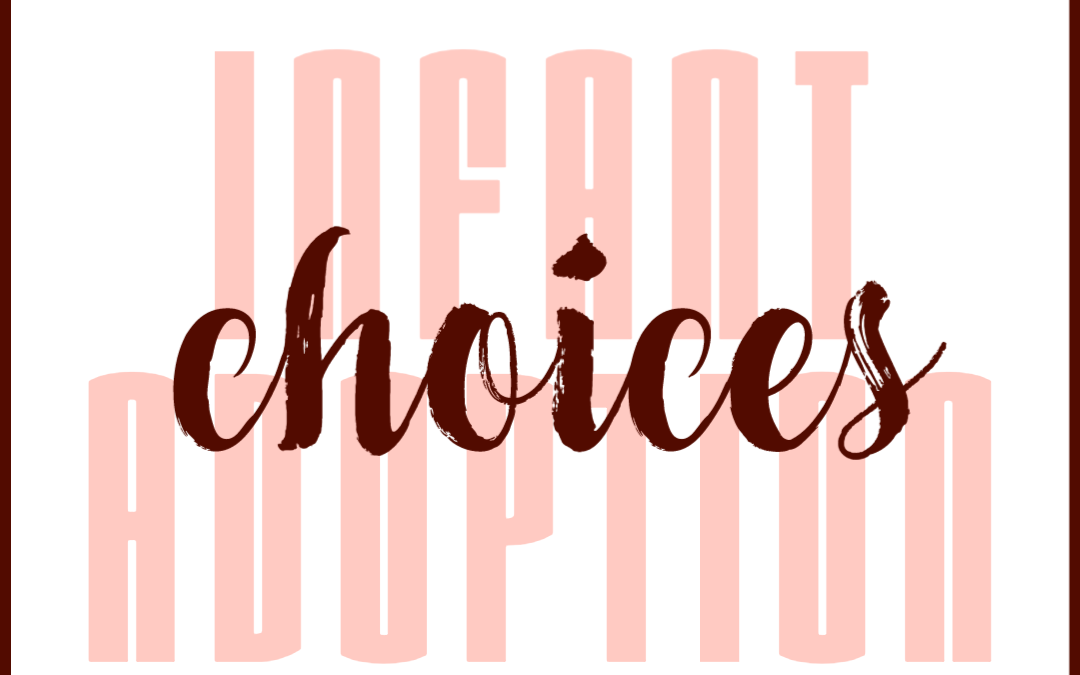When considering alternatives for building a family, many people would like to begin with adopting an infant. Not only does it appear to be an easier transition into parenting, but it also opens the possibility of keeping in touch with your child’s biological family and giving your baby a connection to their genetic roots.
There are many factors to reflect upon when deciding on an adoption program, such as time, money, and legal proceedings. Each process is designed to prepare you for the best possible outcome for your family.
Foster Care
The most important thing to remember about foster care is that the system’s priority is helping the child reunify with her parents, so placements are is usually temporary. The purpose of a foster family is to provide a safe, loving, and stimulating environment for children whose biological parents are unable to care for them at the moment. You will have the same responsibilities and expectations of an adoptive parent, without knowing if the placement will be permanent.
Fostering begins with securing a foster license in your state. This involves education, training, background checks, and a home study to ensure your home and family are safe for these children. Often foster care placements will also provide you with a monthly stipend to help with the additional expenses you will incur to care for the child.
Domestic Adoption
Domestic infant adoption is usually what comes to mind first when people consider adoption. This option is designed to provide the birth parents with peace of mind in the secure and loving placement of their baby. You not only support a child through this process, but also the child’s mother. This mother is making a very hard decision but knows that an adoptive family will ultimately mean a better future for her child. Most domestic infant placements in the U.S. today involve an open relationship, with regular communication with the birth mother throughout the child’s life.
Domestic adoption is mediated by a licensed adoption agency or through a private placement with legal counsel. One your adoption home study is completed; you begin your wait to have an expectant mother choose your family to adopt her child. When you are chosen, you will have additional training and visits from your agency’s social workers in the following months to ensure that you and your child are adjusting well to the placement. The cost of the adoption comes from home study fees, legal proceedings, and agency fees.
Embryo Adoption
Embryo adoption is a fairly recent adoption option that allows adoptive mothers to experience pregnancy and childbirth. Embryos are donated by families who have created them for their own IVF cycle. Rather than discard of the unused embryos, they can be given a new life with an adoptive family.
If your embryo adoption is being mediated by an adoption agency a home study will be required. Both you and the placing family will have a say in matching preferences, and you will be matched with a family who is just right for you.
This form of adoption is unique for its similarity to traditional family building. Not only can an adoptive mother experience childbirth through embryo adoption, but there is also the opportunity to adopt a larger set of embryos giving the adopting family the opportunity to have genetic siblings! Embryo adoption is also a lower cost option than domestic adoption. You can learn more about potential fees here.
No matter which route you take to building your family, perseverance is key. Waiting for a domestic match can be discouraging. You may feel pressure from family, friends, and others who want to share their own opinions of your choices. Know that you can only do your best for yourself, your partner, and your other and future children. Take time to explore your options, and do not hesitate to reach out to the agency of your choice with any questions or concerns.
To learn more about embryo adoption and donation, visit EmbryoAdoption.org.


Recent Comments